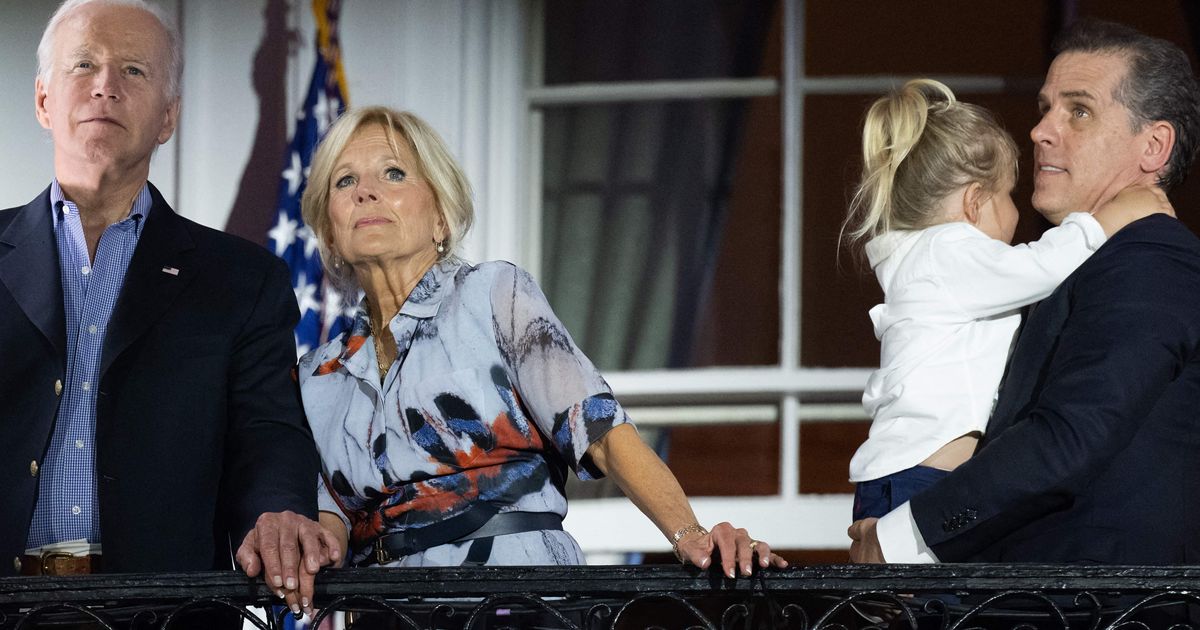Key takeaways:
- U.S. Attorney David Weiss denied claims made by a whistleblower that he asked to be named a special counsel in an October meeting.
- Weiss instead said he sought status as a “special attorney,” which would have given him authority to file charges in any jurisdiction.
- The federal prosecutor’s denial of interference from the Justice Department further strengthens Weiss’ denial of the whistleblower’s claims.
U.S. Attorney David Weiss of Delaware has denied claims made by a whistleblower that he asked to be named a special counsel in an October meeting. Weiss instead said he sought status as a “special attorney,” which would have given him authority to file charges in any jurisdiction without permission of the U.S. attorney in that district.
The whistleblower, an Internal Revenue Service employee, had alleged that Weiss said he wasn’t the “deciding official” on charges for the president’s son in jurisdictions outside of Delaware, which would have hindered efforts to build a tax case against Hunter Biden in Washington, D.C., and California.
Weiss had previously told lawmakers he had “ultimate authority” to bring charges in any state, and U.S. Attorney General Merrick Garland has said Weiss had free rein to handle the case.
The federal prosecutor who reached a plea deal with Hunter Biden on Monday offered a more forceful denial that the Justice Department interfered with the case. The prosecutor said he was told he could bring charges anywhere in the country, contradicting the whistleblower’s claims.
The whistleblower’s allegations have been met with skepticism by some, as Weiss has denied the claims and Garland has said Weiss had free rein to handle the case. The federal prosecutor’s denial of interference from the Justice Department further strengthens Weiss’ denial of the whistleblower’s claims.



Be First to Comment